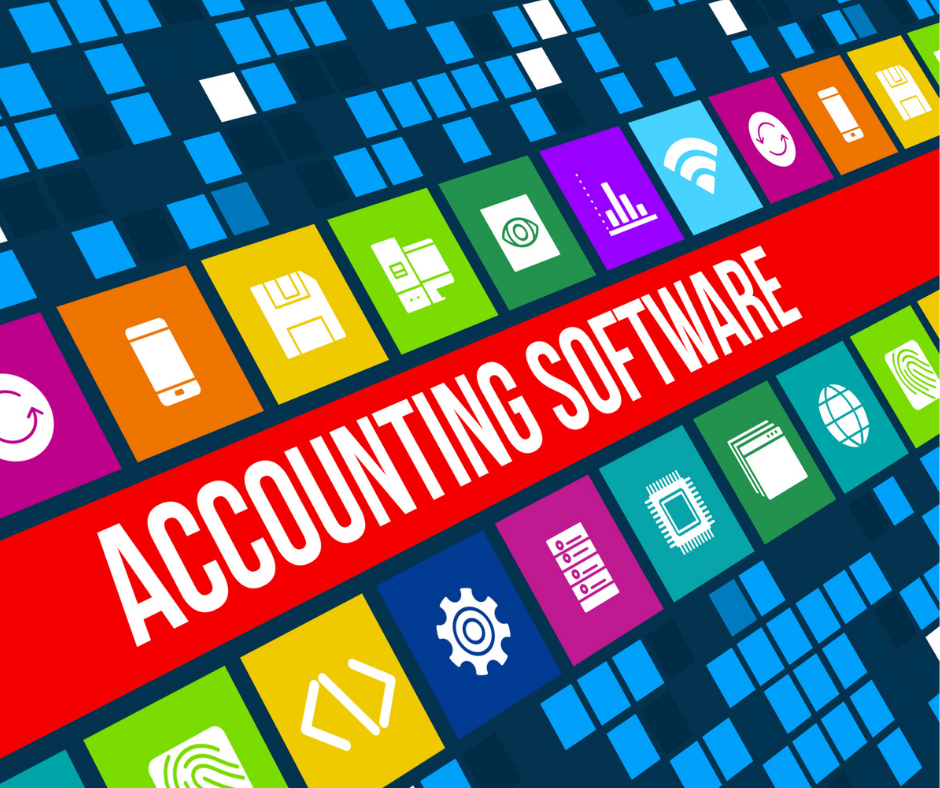In today’s fast-paced business environment, efficiency is key. Businesses, both small and large, are constantly seeking ways to streamline their operations, reduce manual tasks, and improve decision-making processes. One of the most effective ways to achieve this is by integrating accounting software with other vital business tools like CRM (Customer Relationship Management) and ERP (Enterprise Resource Planning) systems.
This blog explores the importance of accounting software integrations, the benefits they bring to businesses, and how to choose the best accounting software for seamless connections with your existing tools.
The Growing Need for Accounting Software Integrations
Accounting is the backbone of any business, but it’s often treated as a separate function. However, modern accounting software solutions are no longer just about managing finances—they’re evolving into platforms that interact with other business systems. Integrating accounting software with CRM, ERP, project management, and payroll systems can significantly improve a business’s operational efficiency.
By linking accounting data with these other systems, businesses can achieve better visibility, more accurate data, and streamlined workflows. For instance, an integrated CRM and accounting software system can help sales teams access real-time customer payment information, improving the invoicing and payment collection process.
Key Benefits of Accounting Software Integrations
- Centralized Data Management
Integrating accounting software with other tools allows businesses to manage all their data from a single platform. This eliminates the need to manually input data into different systems, reducing errors and saving time. For instance, an integrated ERP and accounting software system can automatically sync inventory and sales data, providing real-time financial insights.
- Improved Collaboration
With integrated systems, various departments like finance, sales, and human resources can work more effectively. For example, integrating CRM with your accounting software can give sales teams a better understanding of a customer’s payment history, enabling them to offer personalized discounts or payment plans.
- Enhanced Decision-Making
Integrating your accounting software with an ERP or business intelligence system allows you to generate reports that combine financial data with other operational metrics. This comprehensive view of your business helps management make more informed decisions. Additionally, real-time insights provided by the best accounting software enable proactive decision-making to address issues before they escalate.
- Automation and Efficiency
The integration of accounting software with other business tools automates tasks like billing, invoicing, inventory tracking, and payroll management. For instance, when sales data from a CRM automatically feeds into the accounting system, you reduce manual errors, save time, and speed up the invoicing process.
- Scalability
As your business grows, so will your needs for robust, interconnected systems. The best accounting software integrations allow you to easily add or upgrade tools like CRM, ERP, or HR software. This scalability ensures your business stays agile and can continue to grow without facing operational bottlenecks.
Key Business Tools to Integrate with Accounting Software
- Customer Relationship Management (CRM) Systems
CRM systems track interactions with clients and potential leads. Integrating your CRM with accounting software ensures seamless sharing of customer data, such as invoices, payment statuses, and sales histories. This allows sales teams to better manage customer relationships, while the finance team gets accurate, up-to-date information on outstanding balances.
- Enterprise Resource Planning (ERP) Systems
ERP systems help businesses manage various processes such as procurement, production, and supply chain management. Integrating ERP with accounting software enables synchronization of sales, inventory, and financial data. For example, when you receive an order, the ERP can update your accounting software with the transaction details, providing a clear view of cash flow and expenses.
- Payroll Software
Payroll is one of the most critical functions in any business. When payroll software integrates with accounting software, salary payments, tax deductions, and employee expenses are automatically recorded, eliminating manual data entry and ensuring accuracy in tax reporting and payroll processing.
- Project Management Tools
Project management software tracks budgets, timelines, and resource allocation for projects. By integrating it with accounting software, you can automatically record project expenses, track profitability, and generate financial reports for specific projects without manually importing data between systems.
- E-commerce Platforms
For businesses involved in online sales, integrating e-commerce platforms with accounting software automates the recording of sales transactions, inventory updates, and tax calculations. This integration ensures that all financial data related to online orders is reflected accurately in your accounting records.
Choosing the Best Accounting Software for Integration
When selecting the best accounting software for your business, it’s essential to consider its integration capabilities. Here are some factors to keep in mind:
- Compatibility: Ensure that the accounting software is compatible with the tools you’re already using, such as CRM or ERP systems. Check if the software supports APIs (Application Programming Interfaces) or has built-in integrations with third-party applications.
- Ease of Use: The software should offer a user-friendly interface, especially for managing integrations. You shouldn’t need extensive technical knowledge to set up or maintain connections between different tools.
- Scalability: Choose accounting software that can scale as your business grows and as you add more tools or features to your system.
- Security: Financial data is highly sensitive, so it’s crucial that the best accounting software has robust security measures in place to protect integrated systems from breaches or data loss.
- Cost: Consider the total cost of ownership, including subscription fees for the accounting software, as well as any additional costs for integrating it with other tools. Some integrations might come with extra fees or require more expensive plans.
Conclusion
Integrating accounting software with other business tools like CRM, ERP, and payroll systems can transform how your company operates, improving efficiency, reducing manual errors, and providing valuable insights. The best accounting software offers seamless integration with these tools, ensuring that all your business processes are aligned and functioning cohesively.
Whether you’re a small business owner looking to automate simple tasks or a large enterprise in need of complex, interconnected systems, accounting software integrations offer a powerful way to keep your business on track and running smoothly.
